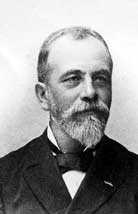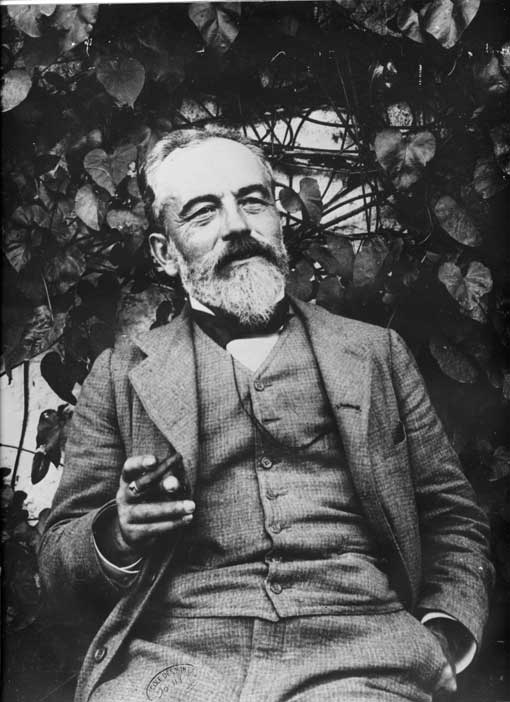<Back to Index>
- Geologist Marcel Alexandre Bertrand, 1847
- Composer Johann Staden, 1581
- Prime Minister of the United Kingdom Alexander Frederick Douglas-Home, 1903
PAGE SPONSOR


Marcel Alexandre Bertrand (July 2, 1847 – February 13, 1907) was a French geologist who was born in Paris. He was a student at the École Polytechnique, and beginning in 1869 he attended the Ecole des Mines de Paris. Beginning in 1877 he performed geological mapping studies of Provence, Jura Mountains and the Alps. In 1886 he became an instructor at the École Nationale Supérieure des Mines, and in 1896 was appointed a member of the Académie des sciences. He was the son of mathematician Joseph Louis François Bertrand (1822 – 1900).
Bertrand was a founder of modern tectonics. He is remembered for the orogenic "wave theory" of mountain building and his introduction of the nappe hypothesis (nappe de charriage). His wave theory described a build-up of massive folds of earth taking place over successive geological eras, called the Caledonian, Hercynian and Alpine periods of orogeny. Later he added a fourth event called the Huronian orogeny, which took place in Precambrian time.